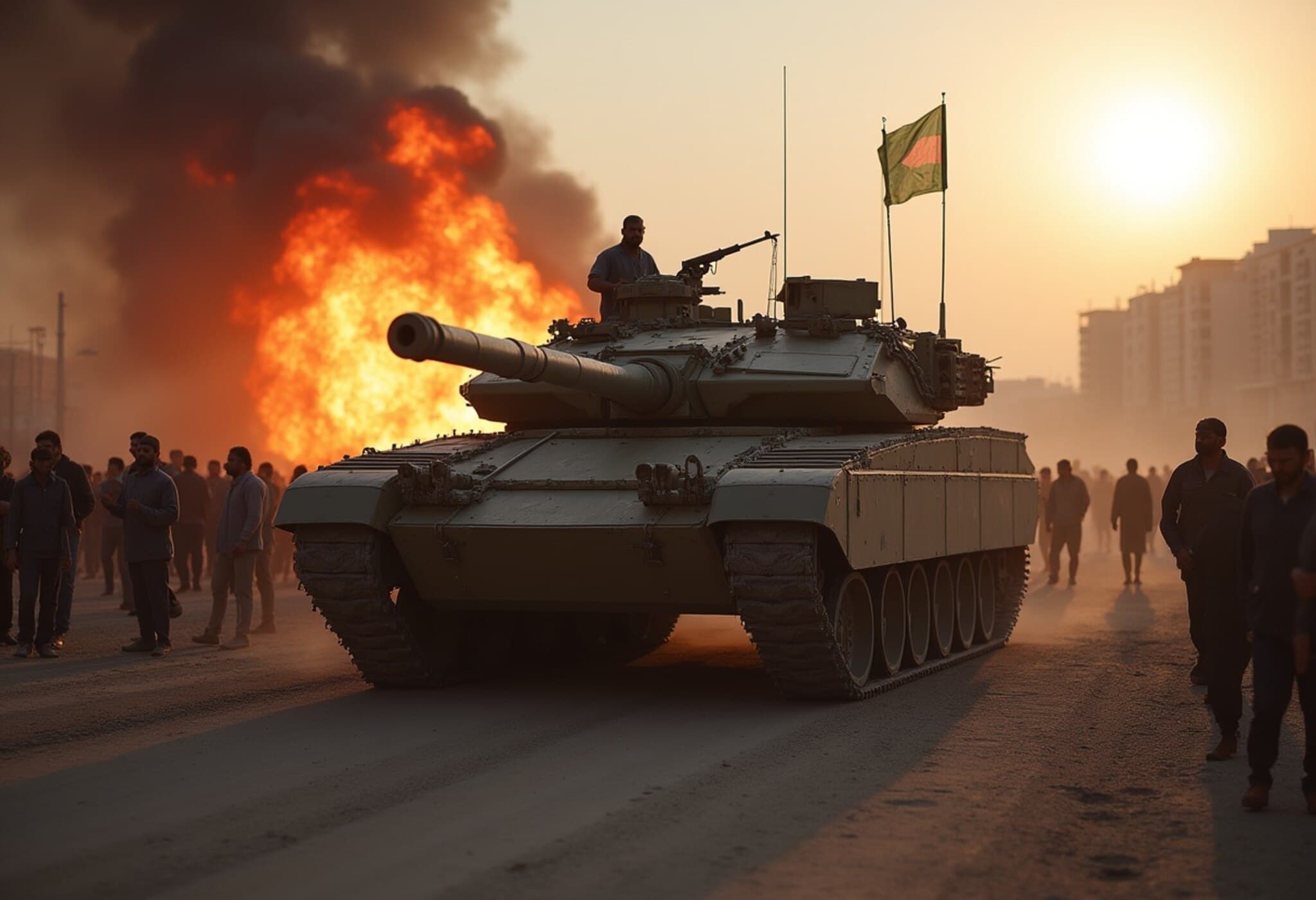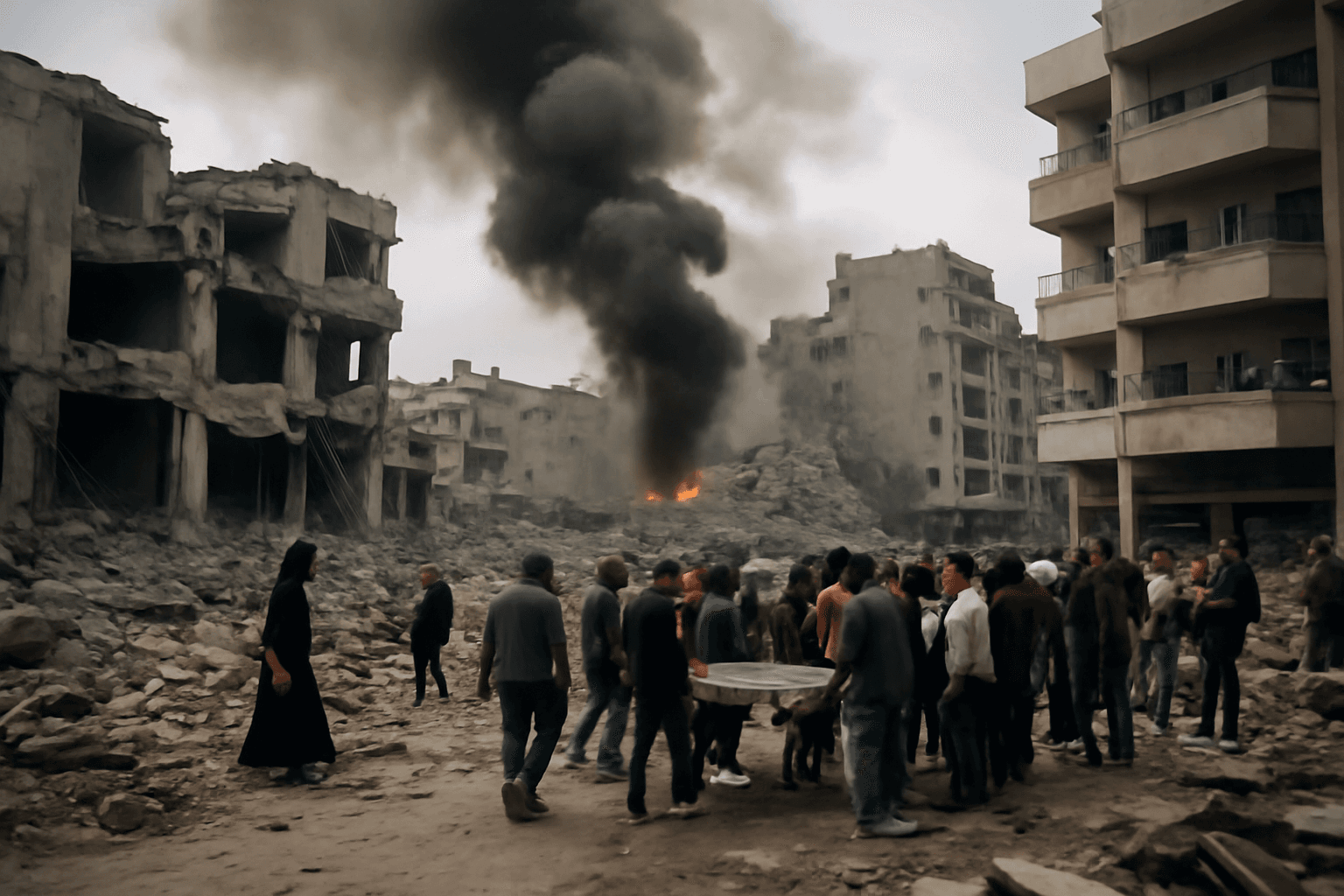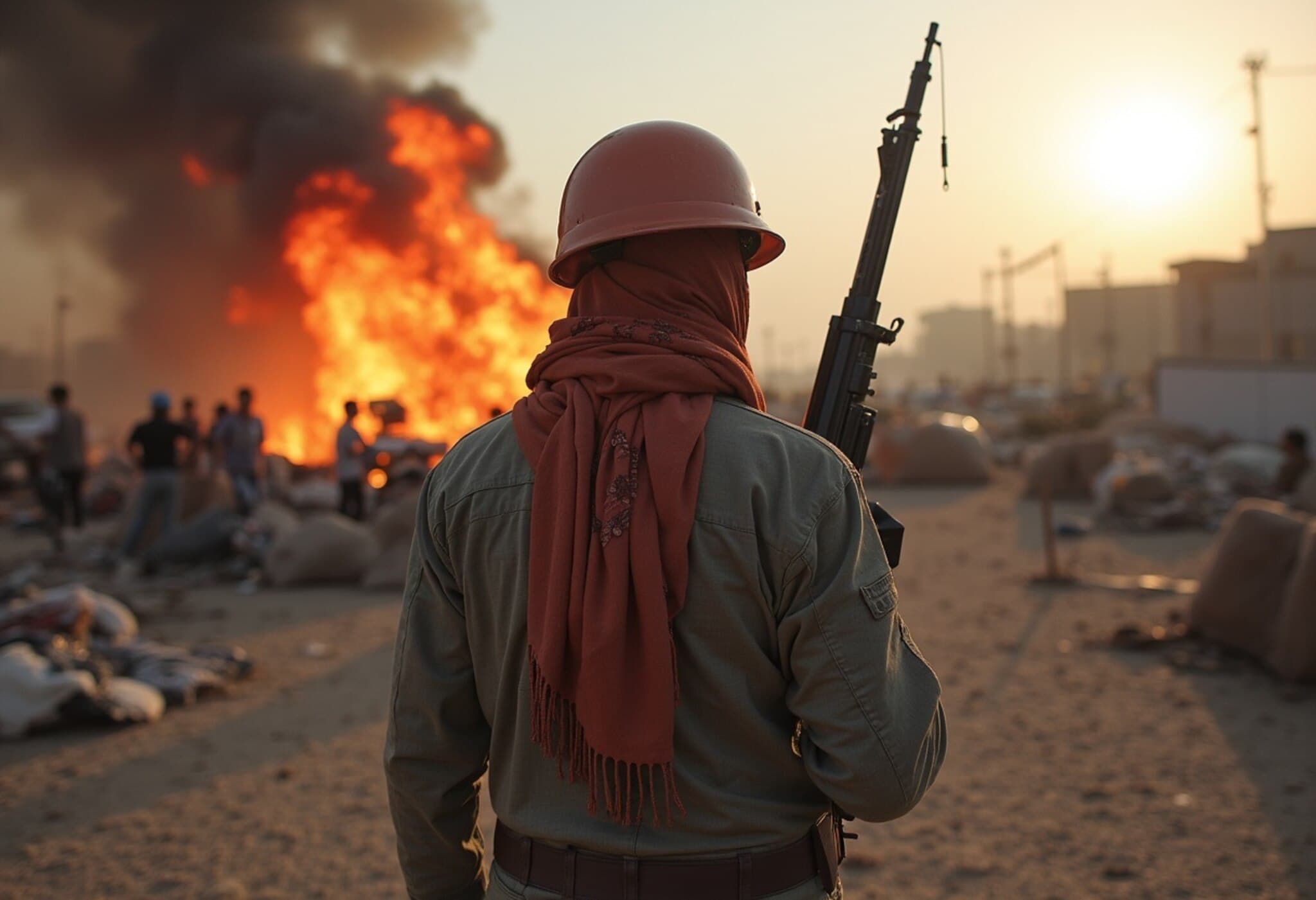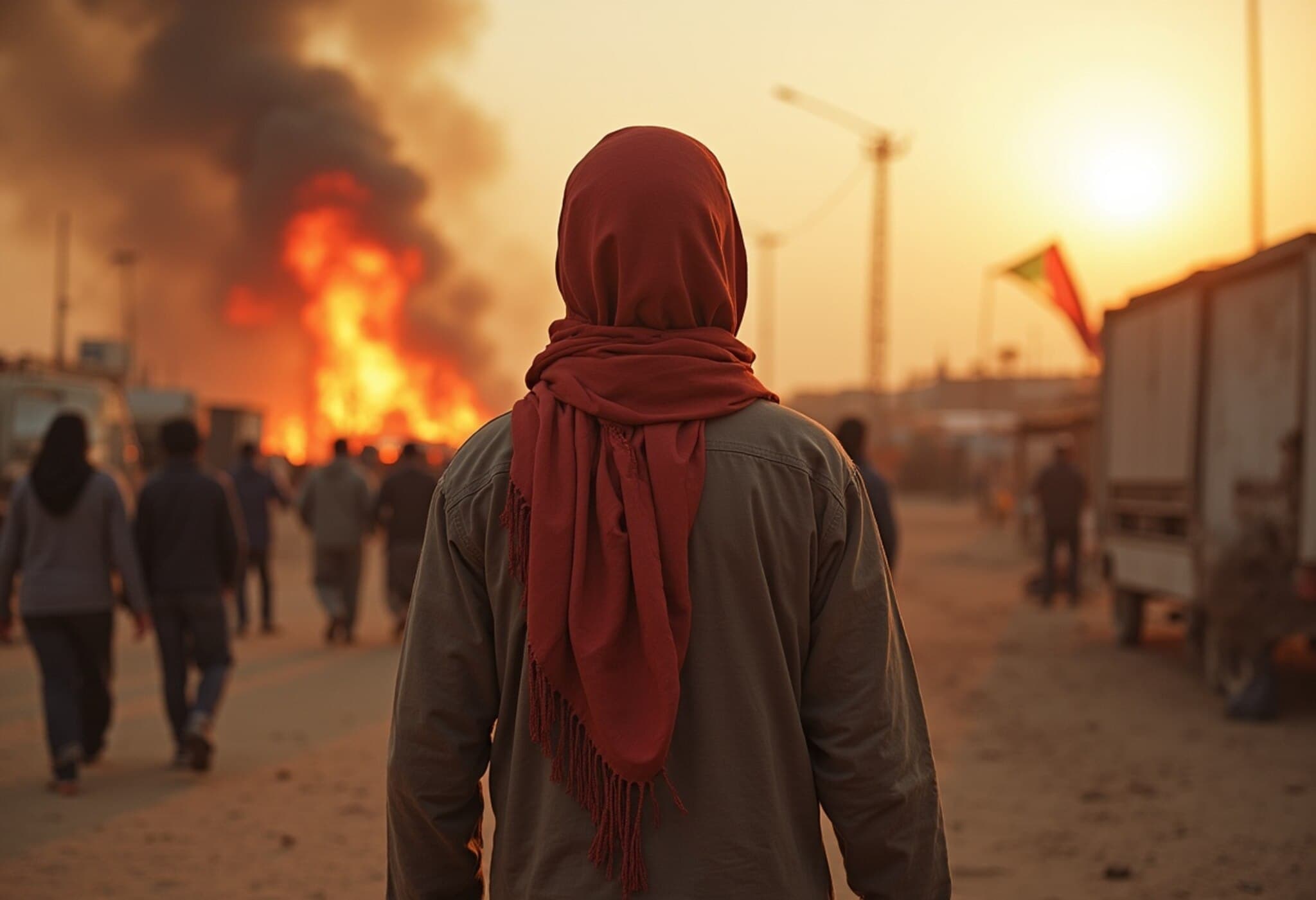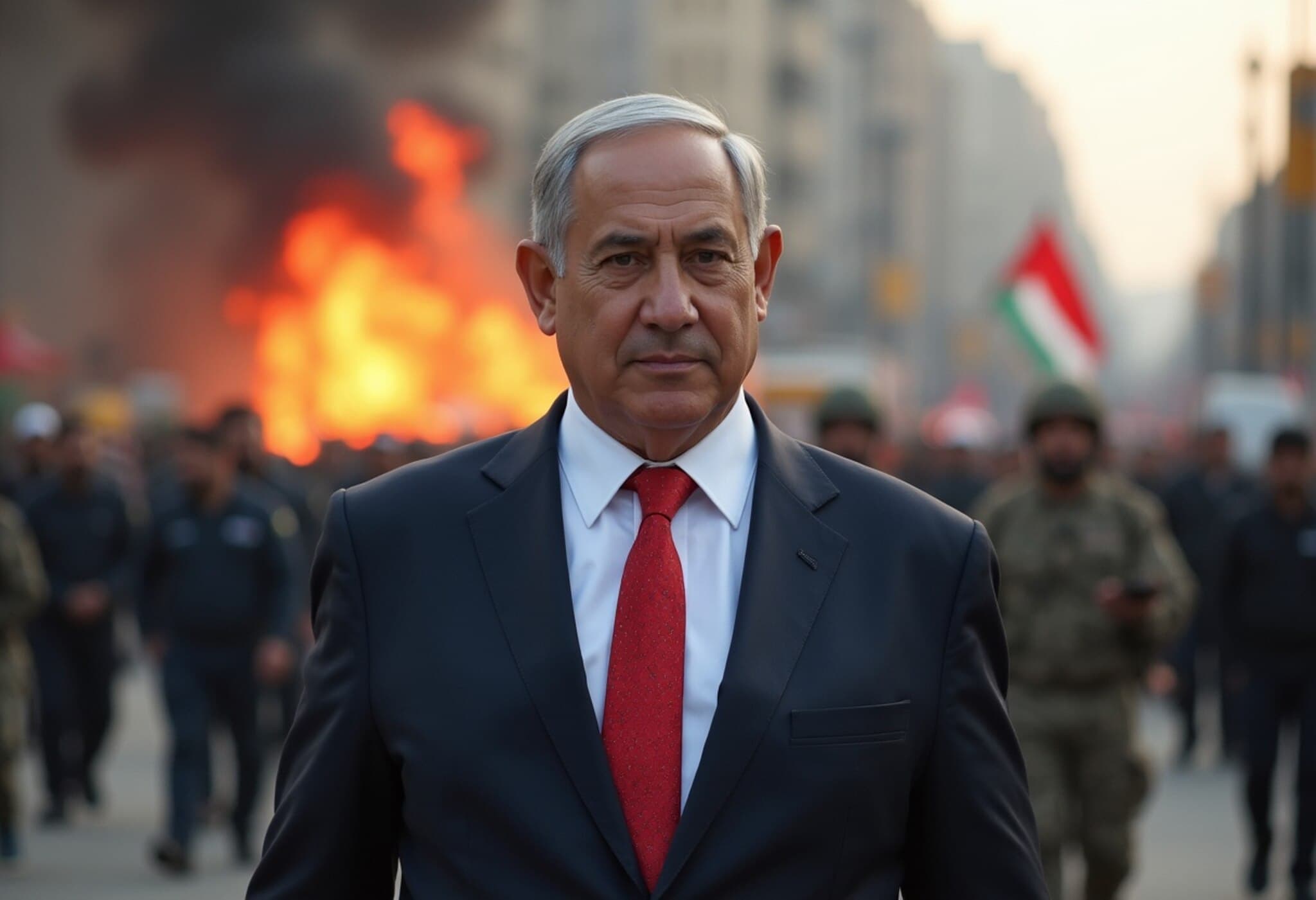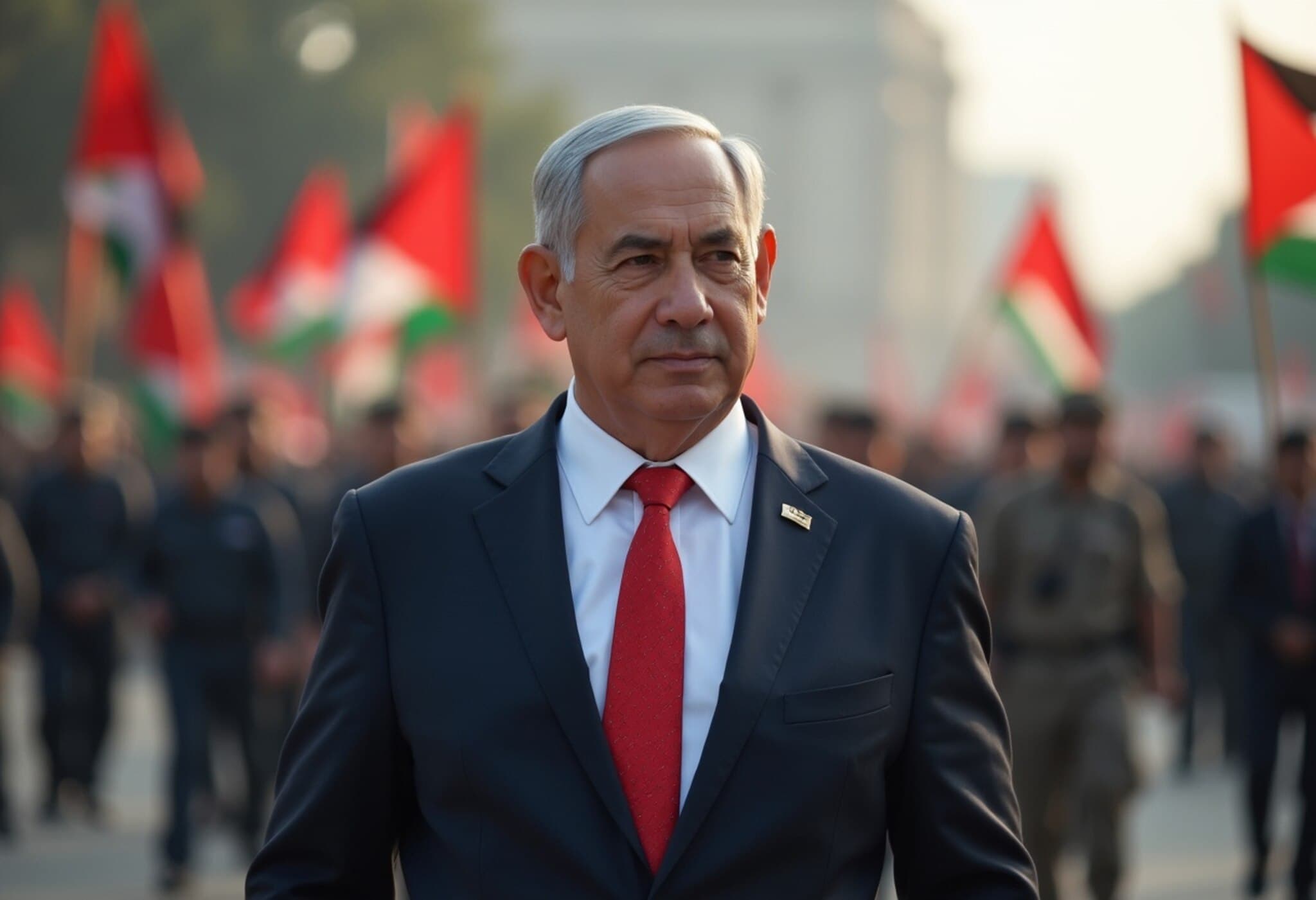The Deadliest Attack Since the Holocaust: A Turning Point
On October 7, 2023, southern Israel witnessed a devastating assault when over 1,000 Hamas militants invaded the region, leaving behind a tragic toll: 1,200 civilians killed and more than 250 people abducted and taken to Gaza. This brutal massacre marked the deadliest attack on Jewish civilians since the Holocaust.
In response, Israeli Prime Minister Benjamin Netanyahu declared, "We are at war," propelling the Israel Defence Forces (IDF) into a swift military campaign aimed at rescuing hostages and dismantling Hamas’ infrastructure. Since then, the conflict has taken a heavy toll on Palestinians, with more than 54,000 casualties, predominantly women and children.
Israel’s Right to Self-Defence: Legal Foundations
Israel asserts that its military response is justified under international law — specifically the inherent right of self-defence enshrined in Article 51 of the 1945 United Nations Charter, which states:
"Nothing in the present Charter shall impair the inherent right of individual or collective self-defence if an armed attack occurs against a Member of the United Nations."
While many nations initially backed Israel’s right to defend itself following the October 7 attacks, concerns quickly arose about how this right is exercised, with emphasis on compliance with the principles of necessity and proportionality under international law.
Historical Perspectives on Self-Defence in International Law
The concept of self-defence has evolved over centuries. A notable early example involves a diplomatic dispute in 1837 after an American ship was destroyed by British forces, which highlighted that self-defence actions must not be "unreasonable or excessive."
Similarly, the Allies in World War II invoked self-defence in their fight against Axis powers. Though originally conceived as a response to state-to-state attacks, this right now extends to actions against non-state actors — including groups like Hamas, al-Qaeda, and Hezbollah.
Israel, a recognized sovereign state and UN member, undeniably maintains the right to defend itself against armed attacks. However, this right is not absolute and is restrained by international legal principles that aim to curb excesses.
Applying Necessity and Proportionality in the Gaza Conflict
The initial response to Hamas’ brutal assault met the necessity test, given the gravity of the attacks and the hostage crisis. Likewise, the proportionality criterion was largely considered fulfilled at the outset, as Israel’s operations focused on targeting Hamas and securing hostage releases.
Yet, now, nearly 20 months into the campaign, these legal justifications face scrutiny. Questions arise about whether the ongoing military actions remain proportionate, especially given the reported scale of civilian casualties and widespread destruction in Gaza.
Proportionality: A Constant Legal Mandate
International law emphasizes that proportionality governs conflict conduct throughout, not just during initial retaliation. While a nation may continue military actions until its adversary capitulates, this does not grant carte blanche to obliterate entire regions or endanger civilians indiscriminately.
Israeli strikes have undeniably targeted Hamas operatives, including those responsible for the October 7 attack. Yet, the heavy civilian toll, alongside reports of famine and decimated urban centers in Gaza, suggests that the balance between military necessity and harm to civilians may no longer be maintained.
The Complexity of Rescuing Hostages as Self-Defence
Separately, Israel might argue that rescuing its nationals from captivity constitutes a legitimate act of self-defence. Historical precedence exists, notably Israel’s daring 1976 mission to rescue hostages from Entebbe, Uganda.
However, the current conflict's extensive scale far surpasses a targeted hostage rescue operation, with broader objectives tied to dismantling Hamas itself. The legal community remains divided on whether hostage rescue efforts alone can justify protracted military campaigns under self-defence claims.
Could Israel’s Actions Be Seen as Aggression?
If Israel’s self-defence claim weakens, its conduct might be characterized differently under international law. While Israel continues to exert effective control over Gaza — qualifying it as an occupying power — the magnitude of its operations suggests more than mere security enforcement.
Actions such as military occupations, bombardments, and blockades, as seen in Gaza, potentially fall within the definition of acts of aggression prohibited by key international treaties. The question emerges: will the international community treat Israel’s actions similarly to other condemned invasions?
Looking Ahead: Legal and Ethical Dimensions
The ongoing Gaza conflict presents complex legal challenges, balancing a state's right to self-defence with the imperative to protect civilian lives and uphold international norms. While Israel’s initial military response was broadly accepted as justified, the conflict’s protracted nature and humanitarian consequences now test the limits of that justification.
As the situation unfolds, the international community faces critical decisions about accountability and the application of legal standards in modern warfare.


